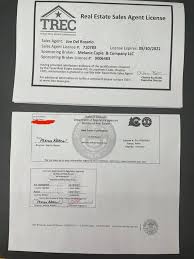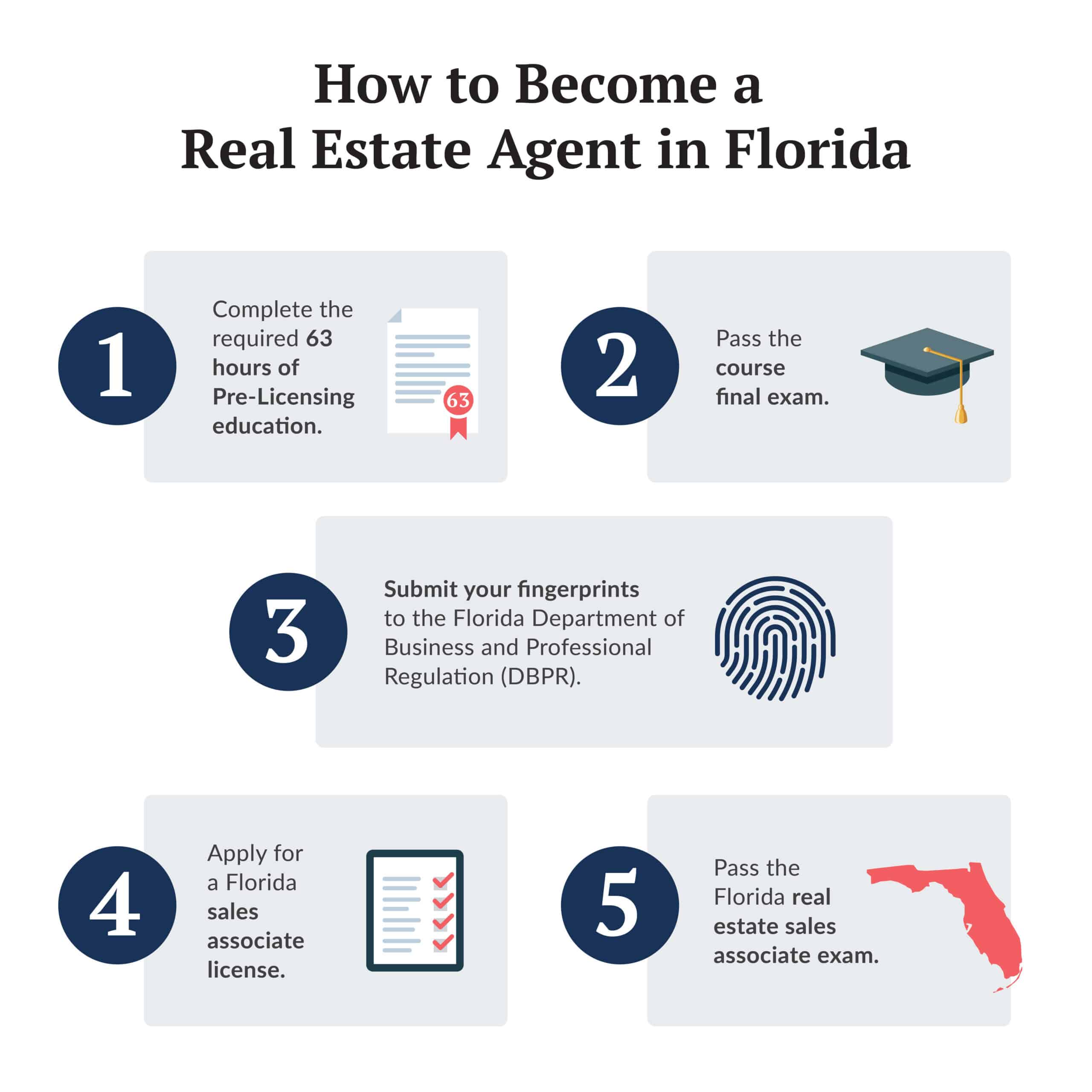
This article will explain everything you need to know about obtaining a Georgia real-estate license. This article will provide information about the requirements, preconditions, and exam you must pass to be eligible for a Georgia real estate license. Online study options are also discussed. Let's now get on to some tips to help with passing the exam. Soon, you'll be able to buy real estate in Georgia.
Prerequisites
There are very few requirements for obtaining a Georgia real-estate license. Minimum 75 hours of college-level classes are required. You can choose to take these classes in the classroom or online. You will need to complete six semester-length or ten quarter-length courses. No matter whether you prefer to take your courses online, or in the classroom setting, you must complete at least 75 hours in coursework in real estate and agency. Accreditation must be obtained for the coursework. If you have completed a real estate class in another state, you must provide official transcripts to the testing agency.
To become a Georgia licensed real estate agent, you will need to pass an exam. If you're willing and able to do the work, the cost of the exam is approximately $115. After you pass the exam, you need to file a licensing application with Georgia's real estate commission. The commission will ask for fingerprints and run background checks. A real estate exam prep course is a good way to ensure you are up-to-date on state requirements.

Exam
First, be aware that the $115 exam to obtain a Georgia real estate license is expensive. While this may seem steep, it's well-worth it. After passing the exam you will need to submit an application to the Georgia real estate commission. The commission will run a background check on you and request your fingerprints. This step is intended to ensure that your file contains current and accurate information.
A Georgia real estate school can help you prepare for the exam. Either you choose to complete the online course (which is generally 75 hours long) or you may opt to go to a classroom. Online courses can be more efficient because you can learn at your own pace and schedule your time. To apply for a license, you must be at least 21. A high school diploma or GED is required. Additionally, you must not have any criminal convictions.
Requirements
Before you begin the application process for a Georgia real property license, it is important to understand what the requirements are. Georgia boasts a high pass rate. To pass the exam, you must earn at least six semester or ten quarter hours of credit in real estate, agency, or contracts. However, if you don't finish the courses in time, you can retake them as many times as you need to.
You must successfully complete a Broker Prelicense Course before you can take the exam. This course must run for at least 60-hours and include a proctored exam. Georgia MLS Real Estate School is an example of such an approved institution. This school provides all of your training and support to help you pass the exam. If you are successful, then you can apply to Georgia for a real-estate license. You can get your license by following the steps below.

Online options
There are many online options to apply for a Georgia license. RealEstateU is one of the most popular and cost-effective options available. This school offers a 75-hour approved curriculum that has helped more than 40,000 agents in the U.S. The online course includes everything from the pre-license course to real estate eBooks. The course comes with instructor support and exam prep. There is also a pass/don't pay guarantee.
Barney Fletcher Schools offers an online school that specializes on Georgia real estate education. Students have many choices, including online and webinar classes. The course includes access to live tutoring, interactive tools and instructors. The program is ideal whether you are a beginner looking for a license or an experienced agent who wants to further your education. Kaplan is the most expensive option but provides great support online.
FAQ
Do I need to rent or buy a condo?
Renting might be an option if your condo is only for a brief period. Renting will allow you to avoid the monthly maintenance fees and other charges. However, purchasing a condo grants you ownership rights to the unit. The space can be used as you wish.
What flood insurance do I need?
Flood Insurance protects you from flooding damage. Flood insurance helps protect your belongings, and your mortgage payments. Learn more about flood insurance here.
What is the average time it takes to sell my house?
It depends on many factors, such as the state of your home, how many similar homes are being sold, how much demand there is for your particular area, local housing market conditions and more. It may take up to 7 days, 90 days or more depending upon these factors.
Statistics
- It's possible to get approved for an FHA loan with a credit score as low as 580 and a down payment of 3.5% or a credit score as low as 500 and a 10% down payment.5 Specialty mortgage loans are loans that don't fit into the conventional or FHA loan categories. (investopedia.com)
- This seems to be a more popular trend as the U.S. Census Bureau reports the homeownership rate was around 65% last year. (fortunebuilders.com)
- Some experts hypothesize that rates will hit five percent by the second half of 2018, but there has been no official confirmation one way or the other. (fortunebuilders.com)
- 10 years ago, homeownership was nearly 70%. (fortunebuilders.com)
- The FHA sets its desirable debt-to-income ratio at 43%. (fortunebuilders.com)
External Links
How To
How to Find an Apartment
When moving to a new area, the first step is finding an apartment. This involves planning and research. This involves researching neighborhoods, looking at reviews and calling people. Although there are many ways to do it, some are easier than others. Before renting an apartment, you should consider the following steps.
-
Online and offline data are both required for researching neighborhoods. Websites such as Yelp. Zillow. Trulia.com and Realtor.com are some examples of online resources. Local newspapers, real estate agents and landlords are all offline sources.
-
See reviews about the place you are interested in moving to. Yelp. TripAdvisor. Amazon.com have detailed reviews about houses and apartments. You might also be able to read local newspaper articles or visit your local library.
-
You can make phone calls to obtain more information and speak to residents who have lived there. Ask them about what they liked or didn't like about the area. Ask if they have any suggestions for great places to live.
-
Check out the rent prices for the areas that interest you. If you think you'll spend most of your money on food, consider renting somewhere cheaper. You might also consider moving to a more luxurious location if entertainment is your main focus.
-
Find out more information about the apartment building you want to live in. Is it large? What's the price? Is it pet friendly? What amenities is it equipped with? Are there parking restrictions? Do you have any special rules applicable to tenants?